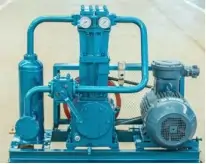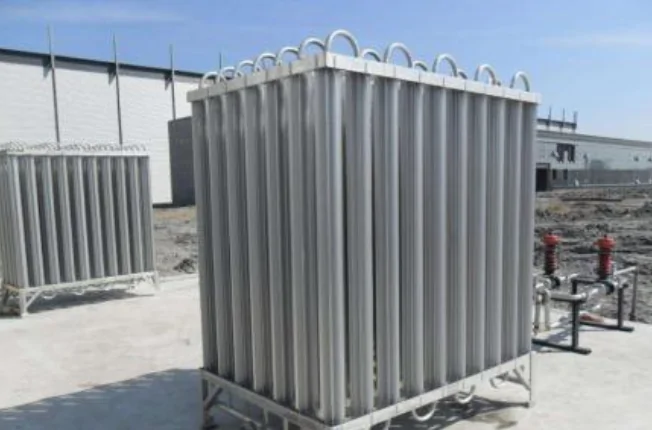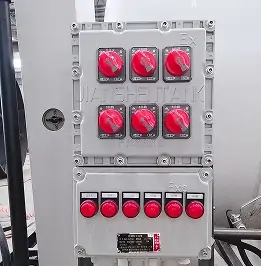LPG gas mass flow meter
Visualization of the unloading volume of liquefied petroleum gas tank trucks into storage tanks.
Protect the interests of gas station employers to avoid being deceived by gas suppliers.
Installation requirements:
I. Mass flow meters work on the principle of vibration, so the installation location
should be as free from vibration as possible and the installation pipework should
be securely supported. If the source of vibration is unavoidable, it is
recommended to use a hose connection. The connection line and the instrument
interface should be located in the same axis, not to impose an additional force on
the instrument. Unnecessary additional forces can have an impact on the
measurement accuracy of the instrument.
II. If the gas content in the liquid is high, a gas-liquid separator must be added at the
front of the flowmeter inlet, otherwise it will have an effect on the measurement
accuracy.
III. Throttling devices, such as flow control valves must be installed at the outlet of the
flowmeter.
IV. Flowmeter inlet and outlet should be equipped with shut-off valves to facilitate
zero calibration after initial installation.
V. The flow meter should be appropriately far away from the outlet of the pump,
especially reciprocating pumps, etc., the installation distance is too close and may
cause fluctuations in the flow measurement value.
VI. Installation direction: Make sure that the direction of the arrow on the nameplate
2of the sensor is the same as the direction of fluid flow (the direction in which the
fluid flows through the pipe).
VII. Sensor and transmitter number should be one-to-one correspondence, not
arbitrary replacement, or may produce measurement errors
VIII. If the flowmeter is installed outdoors, it is recommended to install a rain shelter
for the transmitter and tighten the front and rear covers of the flowmeter, and to
ensure that the electrical connector position seals are intact to prevent water
ingress into the transmitter.
IX. Recommends that the commonly used volume be at least 1/3 of the meter’s
standard range and that the user’s minimum flow rate be at least 1/10 of the
meter’s range.


































































































































